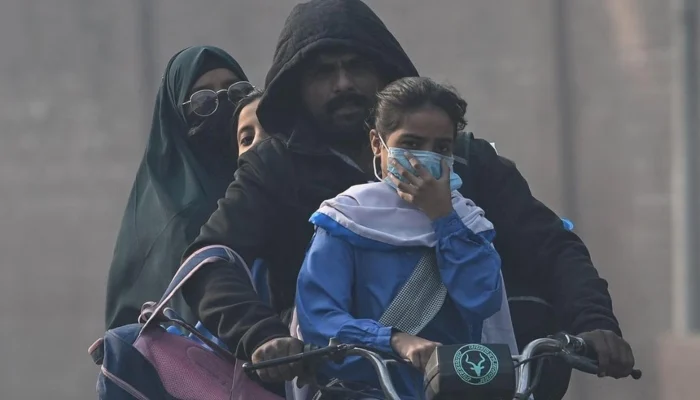Unicef’s Executive Director Says Children “Heat Up Faster, Sweat Less Efficiently, and Cool Down More Slowly than Adults”
NEW YORK: According to Unicef, about 242 million children’s schooling was disrupted across 85 countries in 2024, roughly one in seven students, highlighting an “overlooked” aspect of the climate crisis.
Unicef’s Executive Director, Catherine Russell, warned that children are more vulnerable to extreme weather, as they heat up faster, sweat less efficiently, and cool down more slowly than adults.
The report emphasized that heatwaves had the greatest impact, and children struggle to concentrate in classrooms with no relief from the heat.
Global temperatures hit record highs in 2024, and weather patterns have intensified, making populations more vulnerable to disasters such as floods and storms.
The report also revealed that at least 171 million children were affected by heatwaves, with 118 million impacted in April alone in countries such as Bangladesh, Cambodia, India, Thailand, and the Philippines.
The impacts are likely to worsen in the future, with projections suggesting a significant rise in children exposed to extreme weather events like heatwaves, floods, and wildfires by 2050.
Unicef expressed concerns that these disruptions could increase the risk of children, particularly girls, dropping out of school.



